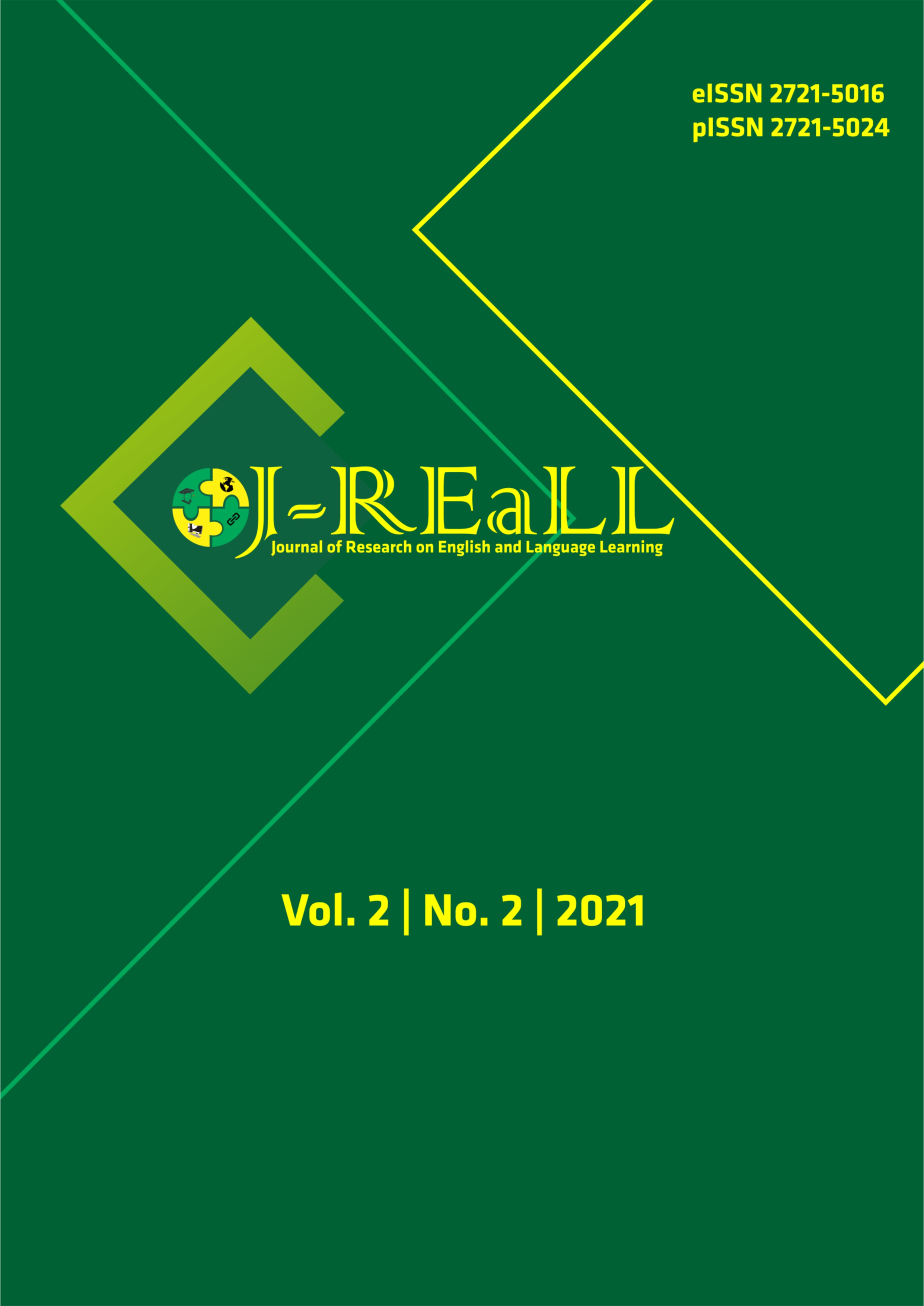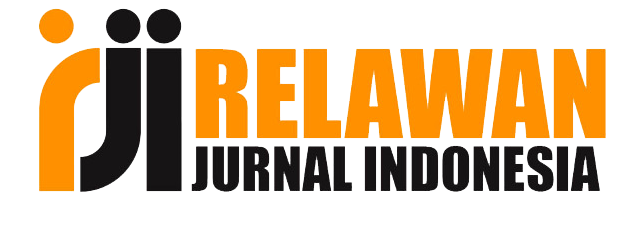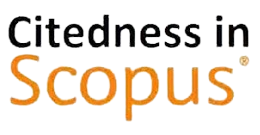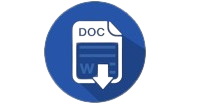Achievement of students' language proficiency and their attitudes toward TMM online
DOI:
https://doi.org/10.33474/j-reall.v2i2.10999Keywords:
achievement, language proficiency, attitudesAbstract
This ongoing study is conducted to explore language proficiency and the attitudes of 63 first year students from Faculty of International Studies who use Tell Me More Online (TMM online) as their learning tool (Academic Year 1/2020) and the effectiveness of TMM Online in enhancing students' English language proficiency. The evaluation results from all English courses which the students registered in the semester will be used as a research instrument to see the student progress in English language learning or their language proficiency. Questionnaires and the semi-structured interview will be also launched to acquire the attitudes of the students towards doing self-learning exercises from TMM online. The results for the first phrase of data analysis was to see the attitude towards TMM online. It was revealed that the students' satisfaction on content, materials used, and application of TMM Online was at the satisfied level.
References
Csizér, K., Kormos, J., & Sarkadi, Á. (2010). The Dynamics of Language Learning Attitudes and Motivation: Lessons from an Interview Study of Dyslexic Language Learners. The Modern Language Journal, 94(3), 470-487. http://www.jstor.org/stable/40856179
Gyamfi G. &Sukseemuang P. (2018). EFL Learners' Satisfaction with the Online Learning Program, Tell Me More. Turkish Online Journal of Distance Education-TOJDE, 1 (13), 183-202. https://files.eric.ed.gov/fulltext/EJ1165887.pdf
Likert R. (1932). A technique for the measurement of attitudes. Arch Psychology, 22(140), 55. https://legacy.voteview.com/pdf/Likert_1932.pdf
Li, R (2012). The Influence of Computer Applied Learning Environment on EFL or ESL Education. Theory and Practice in Language Studies, 2(1), 187-191. https://doi.org/10.4304/tpls.2.1.187- 191
Downloads
Published
How to Cite
Issue
Section
License
Copyright (c) 2021 Rattana Jangpiboonpong

This work is licensed under a Creative Commons Attribution 4.0 International License.
Authors who publish this journal agree to the following terms:
- Authors retain copyright and grant the journal right of first publication with the work simultaneously licensed under a Creative Commons Attribution License that allows others to share the work with an acknowledgement of the work's authorship and initial publication in this journal.
- Authors can separately make additional contractual arrangements for non-exclusive distribution published by the journal (e.g., publish it in a book), with an acknowledgement of its initial publication in this journal.
- Authors are allowed and encouraged to send their work via online (e.g., in the institutional repositories or their website) after published by the journal.






















